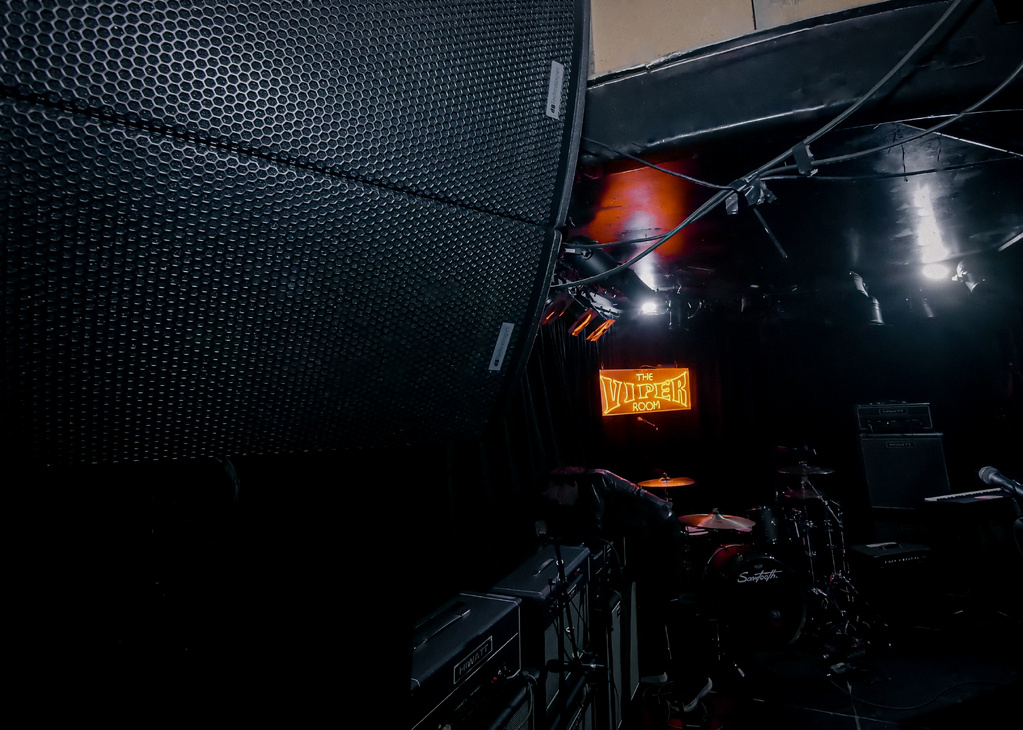On one side of the chessboard was World Chess Champion Garry Kasparov.
On the other side of the board was the IBM supercomputer Deep Blue.
It was 1997.
Six games of chess were to be played.
Which one would prevail?
Chess players know success comes from the ability to think several moves ahead. A rookie might say, “If I move my rook to that spot then the bishop can take me so I won’t move there.”
The good chess players can look at the same situation and think “if I move my rook to that spot then the bishop can take me and then I can move my knight to this other position and when my opponent predictably moves their queen in response, I can checkmate the king.”
Two completely different outcomes to the same situation.
Before I get into planning for the band, you should know that Garry Kasparov won the six-game challenge 4 games to 2. He was asked, after the game, how many moves ahead he can think. He replied that it depended on the positions of the pieces.
“Normally, I would calculate three to five moves,” he said. “You don’t need more…. But I can go much deeper if it is required. [12-14 moves].”
Planning For The Worship Band
The same way a chess master plans ahead, you need to plan ahead for the needs of your worship team. You need to plan for…
—Size of the band. You need to figure out how everyone can best fit on the stage. As musicians, they will usually know their standard stage setup.
However, you need to have a plan if they show up with an extra vocalist or extra guitarist. Where will you place that person on the stage? Is there room or do you need to move the other band members around?
—Needs of the band. When you know the size of the band, you then need to determine their needs. For example, you need to know how many people will be singing. This may or may not include musicians like the guitarist or the drummer.
You need to know all the instruments because you need to know how you’ll need to connect them to the stage.
—Song choice. You can’t get a great mix when you don’t know what the song is supposed to sound like. Some of this information you can get from talking the worship leader.
You need to make a plan for your mix.
—Song arrangement. Much of this you can determine during a full-length sound check. But if you don’t have that full sound check, you need to find another method. Song arrangement challenges start when the lead singer changes.
You need to know which vocal channel needs to be sitting on top for each song.
Executing A Plan
You know the four areas in which you need to plan. Now let’s look at what you can do regarding that planning.
1) Find out the band members for the week. Some churches have rotating bands and/or band members so each week is different. The week before the service, contact the worship leader and find out who will be in the band for the upcoming service.
Also, find out their needs. You can easily use this to develop an input list on a spreadsheet which lists the band member’s name followed by their instrument and followed by vocal requirements.
For example, “Joe Smith…Acoustic guitar…Vocal Microphone.” Another example, “Brian Jones….Bass.” You can expand this to list the channel in which you’ll place their inputs.
Using the input list, you know how many channels you need on your mixing board and the equipment necessary to make it work. Using Joe Smith as an example, he’d need a vocal microphone, a DI box, and the necessary cabling.
Input lists are a great way to make sure you have all the equipment you need for an upcoming service.
2) Find out the song list. Ask the worship leader to send you a list of the songs for the upcoming week along with any possible video links for you to hear how the song is mixed. If you have an extensive music collection, you might already have a copy of the song.
Overall song arrangement can vary but this gives you a great starting point for mixing.
3) Get a song arrangement plan. This comes from your work during the sound check along with a little time spent with the worship leader. Before the sound check starts, ask the worship leader for the name of the lead singer on each song. Note this on your song list. During the sound check, make sure to also note the lead instruments for each song.
Having this song arrangement plan, you will be prepared for each song in the setlist and always have the microphones set in the right relationship with each other.
Don’t Make This Mistake
The biggest mistake you can make is assuming you can figure it all out during the sound check. Unless you work all this out during a mid-week practice, then the sound check is your only chance to set the best mix before the church service.
Leave everything to the sound check and you’re only thinking one move ahead. You have one shot to get everything right and you’ve started the sound check without any planning.
You need to think several moves ahead. What if an extra musician shows up? Where will you put them on the stage? Would you have room on your mixer to add two more inputs?
If you are up to your eyeballs in inputs and don’t have any extra channel inputs, you need a plan for what to do when a guest musician is asked to sit in with the band. You need to think several moves ahead.
The Take-Away
Chess matches end quickly when one player doesn’t take the time to think several moves ahead. I recall losing a game in four moves because I didn’t think ahead. My chess games now average over an hour or two.
A church service can come crashing down when you haven’t planned in advance. You get stressed. The musicians get stressed. The pastor gets stressed. And the congregation will pick up on that stress. Instead of having a time of worship, you have a time of survival.
Plan ahead. Use the three tasks above for planning for what is known. Then consider planning for the unknown so last minute surprises have simple remedies instead of drastic effects.
[Note: If you want to learn more about the IBM / Kasparov match, check out the documentary “Game Over: Kasparov and the Machine.” I think the IBM machine had a bit too much human intervention, but that’s another story…]





















